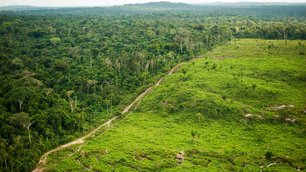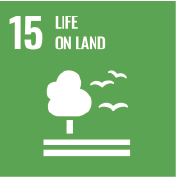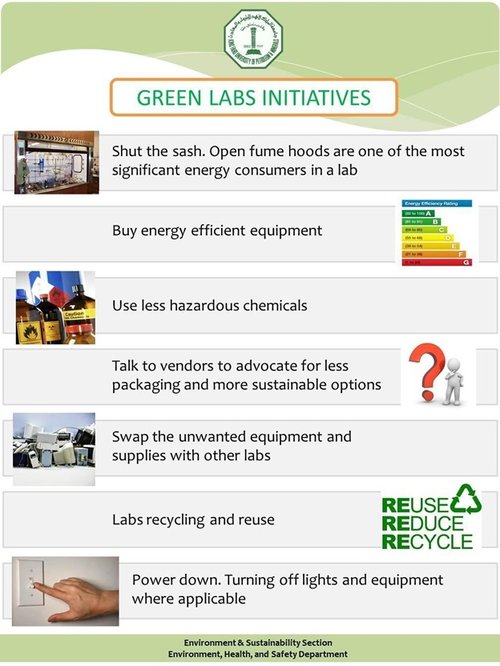


Life on Land
KFUPM is committed to preserving the ecosystem throughout the campus and the country by actions, education, and research.
Supporting Land Ecosystem Through Education
KFUPM supports the land ecosystem through education. Several courses are available for undergraduate students and can be found in the Undergraduate Bulletin. The undergraduate courses aim to teach students about land use, distribution of urban and regional functions, infrastructure systems, municipal and regional models, population and community ecology, the interaction between species, functions of communities and ecosystems, environmental issues facing humanity, sustainability, biodiversity, evolution, food, soil, pest management, and renewable energy. Some courses are supported by a field trip to enrich knowledge through practical understanding.
The Department of Geosciences, with the active collaboration with the Chemistry Department, offers Master of Science, and, Masters in Environmental Sciences Degrees. Graduate programs are fully sponsored by KFUPM and are offered to both local and international communities free of charge. These programs include some courses that educate students about resource sharing among communities, and fundamental concepts of terrestrial environments and human-induced pollution of air and land occurring on both regional and global scales (Graduate bulletin). These courses in environmental sciences are offered and can be taken by postgraduate students.
Supporting Land Ecosystems Through Action
KFUPM is drawing a future with a dedicated center for environment and marine studies (CEMS) in how to keep catastrophic climate changes at bay while still powering our developing world. This center has a terrestrial section that concentrates on studying the biodiversity, ecology, and landforms in Saudi Arabia (terrestrial section CEMS). The Environment Health & Safety (EHS) department carries out two major programs. These are:
- Building inspections and
- Walk-through inspections.
In case of any issues, the EHS department will communicate and coordinate with the concerned departments to address the matter with Environment, Health and Safety Department – Office of Environmental Monitoring.
Land Sensitive Waste Disposal
KFUPM protects life on land through its policies on Waste Storage and Disposal, and Sewage and Plumbing. The EHS Department at KFUPM has stretched its effort to find alternative ways to handle all solid wastes generated on campus in a responsible and environmentally friendly way. The recycling initiative at the KFUPM campus is expected to maintain a cost-effective and efficient waste management program that focuses on reducing, reusing, and recycling of waste including waste source segregation, plastic waste reduction and paper reduction (Environment, Health and Safety - Recycling & Waste Management). One of the initiatives carried out is the installation of special machines for water desalination and purification in KFUPM’s water stations----reclaiming approximately 30% of salty water instead of disposing it (Environment, Health and Safety - Water Conservation). Hazardous materials are handled through the EHS department following safety practices that involve selecting compatible containers, identifying hazardous materials, and proper disposal of solid and liquid chemical wastes to protect the land ecosystem (EHS-Chemical Waste Management).
